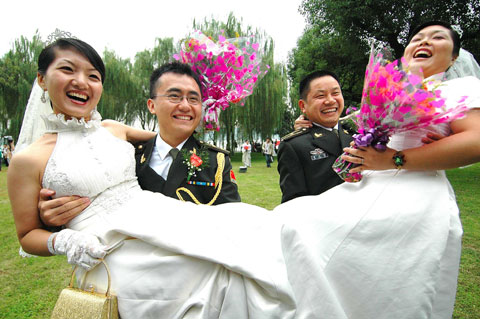China established a special task force, the National Bureau of Corruption Prevention, which the NGO, Transparency International, said was an important step towards clean governance.
Perhaps something positive may also come out of the State Council's latest announcement this week, stating that it intends to scrap or amend some 186 administrative procedures. This is part of an ongoing push for comprehensive reform that has been taking place since October 2001, aimed at slashing red tape, which academics argue has become a means for some officials to rot the system.
Last month the Beijing News quoted Li Yufu, deputy-director of Anti-Bribery Group of the Central Committee of the CPC, as saying the majority of bribery cases involving government officials stemmed from them having too much administrative examination and approval power.
Reducing the opportunity for corruption may help, but the intention will remain as long as there is greed, a natural human instinct. Also, it should be mentioned that as long as civil servant salaries remain comparatively low there will remain a compulsion and at times necessity for such graft.
Therein lies a pressing challenge for China's leaders as they gather for the 17th Party Congress this week -- how for the future can they keep cadres faithful to Party ideals and focused on working for the greater good, without being tempted to dip their hand into the national cookie jar?
Andrew London was former managing editor of news for a newspaper group in Sydney before coming to China.











